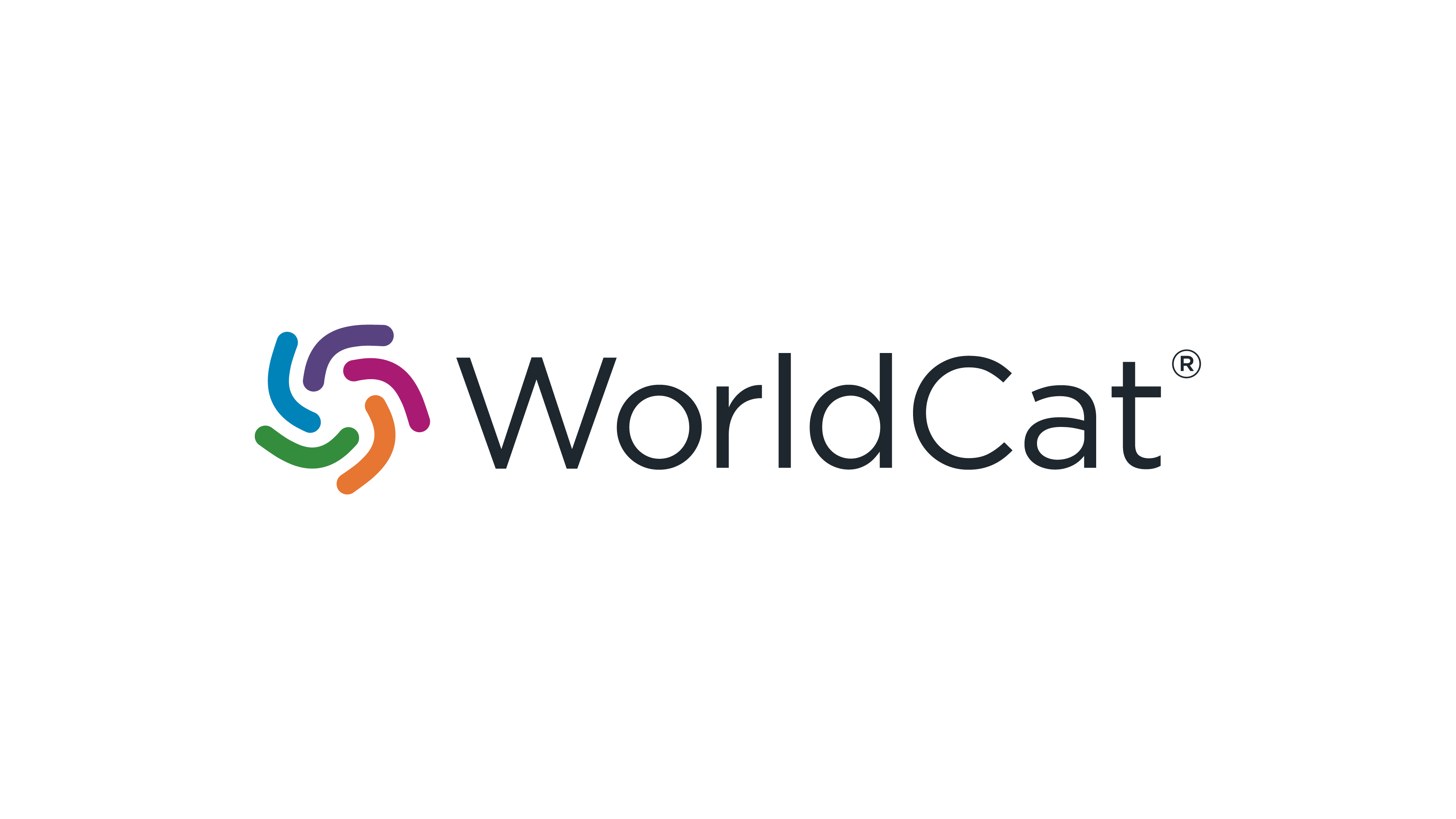For publication in Scopus, Web of Science, and more – Expert consultation for indexed journal submissions.
Ethical Polices
The Journal of Contemporary Issues in Business and Government is dedicated to maintaining the highest standards of ethics in publishing. Our comprehensive ethical policies, guided by the recommendations of the Committee on Publication Ethics (COPE), ensure the integrity, transparency, and quality of the research we publish. Below are the key ethical policies that govern our practices:
- Authorship and Contributorship
Authorship Criteria:
- Substantial Contributions: Authorship should be based on significant contributions to the conception, design, execution, or interpretation of the research, including:
- Designing the study.
- Acquiring data.
- Analyzing and interpreting data.
- Drafting the manuscript.
- Drafting and Approval: All authors must participate in drafting or revising the manuscript critically for important intellectual content and approve the final version.
- Accountability: Authors must agree to be accountable for all aspects of the work, ensuring that questions related to the accuracy or integrity of any part of the work are appropriately investigated and resolved.
Acknowledgment:
- Non-Author Contributions: Individuals who contributed to the study but do not meet authorship criteria should be acknowledged with their permission. This includes:
- Technical assistance.
- Writing and editorial support.
- General supervision of the research group.
- Conflicts of Interest
Disclosure:
- Transparency: Authors, reviewers, and editors must disclose any financial or non-financial conflicts of interest that could influence their work, including:
- Financial ties (e.g., employment, consultancies, stock ownership, honoraria).
- Personal relationships or competing interests.
- Academic commitments that could affect impartiality.
Management:
- The journal will manage disclosed conflicts of interest by assigning alternate reviewers or editors when necessary to ensure unbiased decision-making.
- Plagiarism and Research Misconduct
Plagiarism:
- Detection: Manuscripts are screened for plagiarism using specialized software to ensure originality. Types of plagiarism include:
- Direct copying of text without quotation marks and proper citation.
- Paraphrasing substantial portions of text without attribution.
- Reusing significant portions of one's previously published work without proper citation (self-plagiarism).
- Consequences: Any detected plagiarism will result in immediate rejection of the manuscript and notification of the authors' institutions. Repeat offenses may lead to a ban on future submissions.
Research Misconduct:
- Definition: Research misconduct includes, but is not limited to:
- Data fabrication: Making up data or results and recording or reporting them.
- Data falsification: Manipulating research materials, equipment, or processes, or changing or omitting data or results.
- Unethical research practices: Violations of ethical standards in conducting research.
- Handling Allegations: Allegations of research misconduct will be investigated following COPE guidelines.
- Sanctions: Confirmed cases of misconduct will result in retraction of the article, notification of the authors' institutions, and potential blacklisting of the authors.
- Data Sharing and Reproducibility
Data Availability:
- Open Data: Authors are encouraged to deposit their data in publicly accessible repositories to promote transparency and reproducibility.
- Data Availability Statement: Manuscripts should include a data availability statement detailing where the data can be accessed.
Reproducibility:
- Detailed Methods: Authors must provide sufficient detail in their methods to allow other researchers to replicate their experiments.
- Peer Review Process
Double-Blind Review:
- Anonymity: Both the authors’ and reviewers’ identities are concealed to ensure unbiased evaluations.
- Objective Feedback: Reviews should be objective, constructive, and free from personal bias.
Reviewer Conduct:
- Confidentiality: Reviewers must treat the manuscript and its content as confidential.
- Ethical Standards: Reviewers should adhere to COPE guidelines.
- Ethical Oversight
Editorial Independence:
- Decision-Making: Editorial decisions are made independently of the publisher.
- Ethical Conduct: Editors must follow ethical guidelines in all their duties.
Ethical Approval:
- Manuscripts reporting studies involving humans or animals must include a statement confirming that ethical approval was obtained from the appropriate institutional review boards or ethics committees.
- Corrections, Retractions, and Expressions of Concern
Corrections:
- Errata: Minor errors that do not affect the conclusions of the manuscript will be corrected through an erratum.
Retractions:
- Serious Errors or Misconduct: Articles will be retracted for serious errors or confirmed research misconduct.
Expressions of Concern:
- Ongoing Investigations: An expression of concern may be published if there are unresolved issues about the integrity of an article.
- Intellectual Property and Copyright
Licensing:
- Articles are published under the Creative Commons Attribution 4.0 International License (CC BY 4.0).
Copyright Ownership:
- Authors retain the copyright of their work but grant the journal the right to publish and distribute the article.
- Handling Complaints and Appeals
Complaint Process:
- Complaints about editorial processes or ethical issues should be directed to the Editor-in-Chief.
Appeals:
- Authors may appeal editorial decisions by providing a detailed justification.
- Advertising Policy
Clear Distinction:
- Advertising content must be clearly distinguishable from editorial content.
No Influence:
- Advertisers have no influence over editorial decisions or content.
- Funding and Sponsorship
Disclosure:
- Authors must disclose all sources of funding for their research.
Sponsor Role:
- The role of sponsors in the research must be clearly stated.
- Privacy and Confidentiality
Data Protection:
- Personal information collected from authors and reviewers will be protected.
Confidential Submissions:
- Manuscripts under review are treated as confidential documents.
- Malpractice Statement
Commitment to Integrity:
- The journal maintains a zero-tolerance policy towards research and publication malpractice.
Investigations:
- Allegations of malpractice will be thoroughly investigated.
Sanctions:
- Confirmed cases of malpractice will result in retraction of the article and notification of the authors' institutions.
By adhering to these detailed ethical policies, The Journal of Contemporary Issues in Business and Government ensures the integrity, transparency, and quality of its publication process. These policies foster trust and respect within the scientific community and support the dissemination of high-quality, ethical research. All policies will be updated as needed and communicated accordingly.





